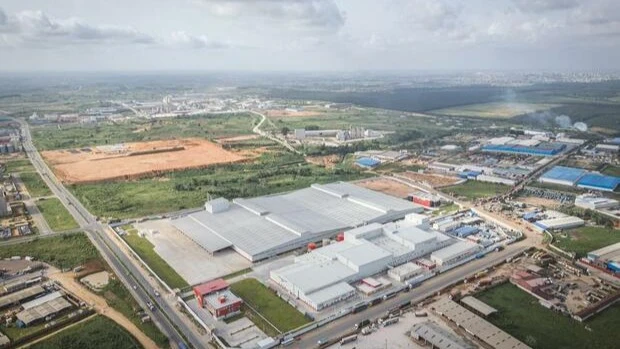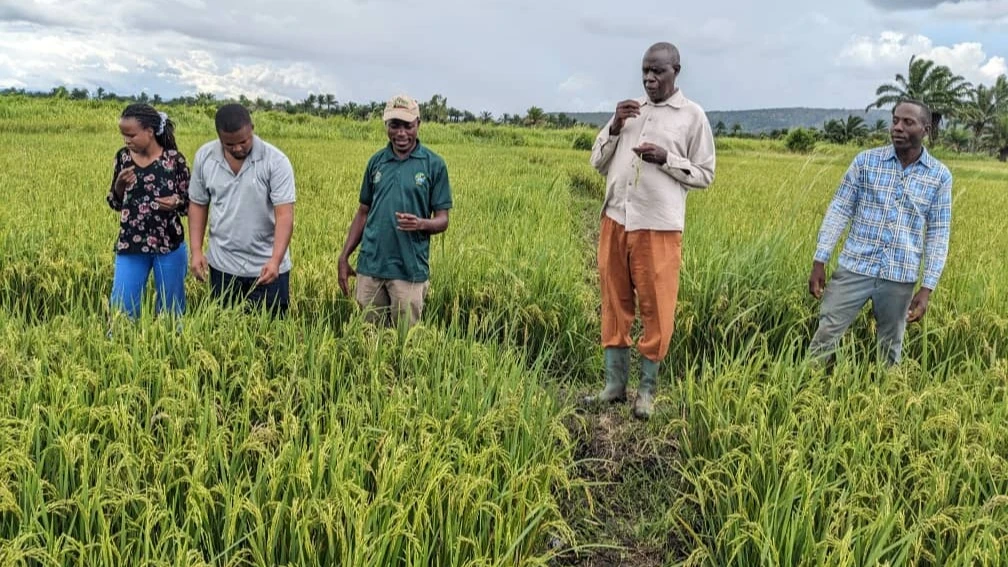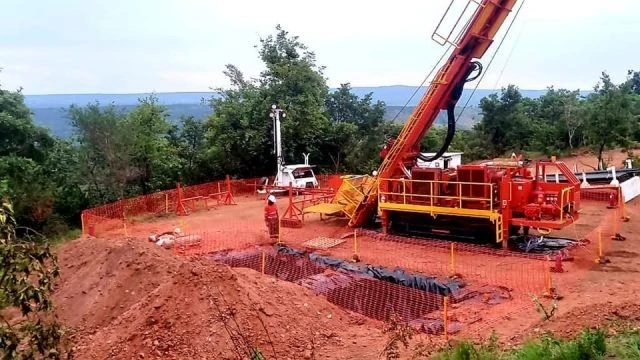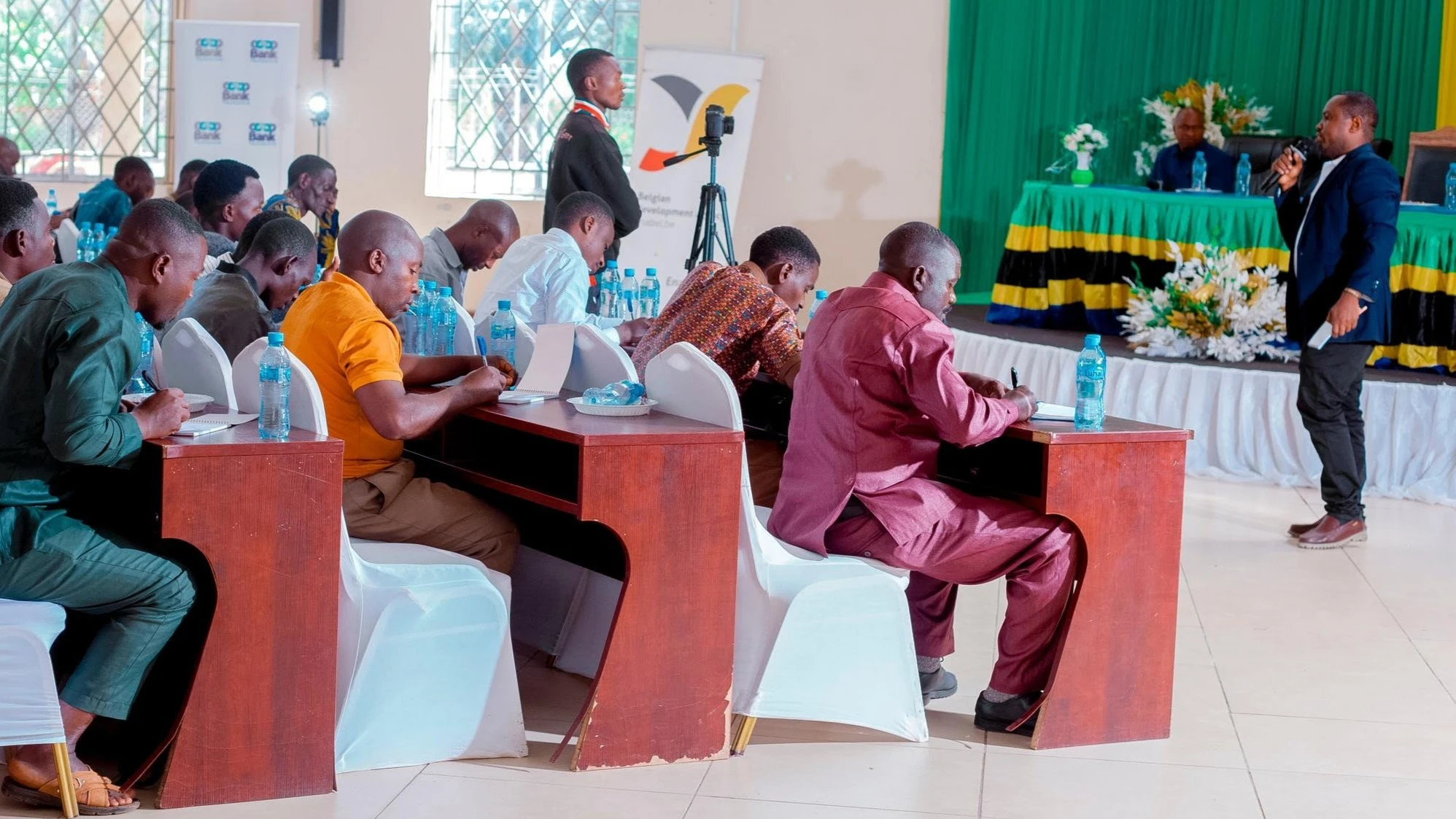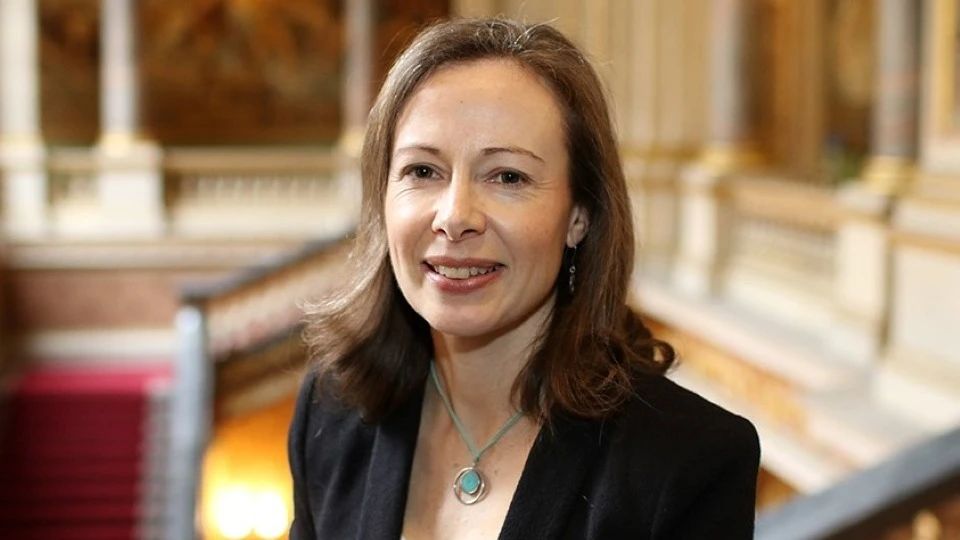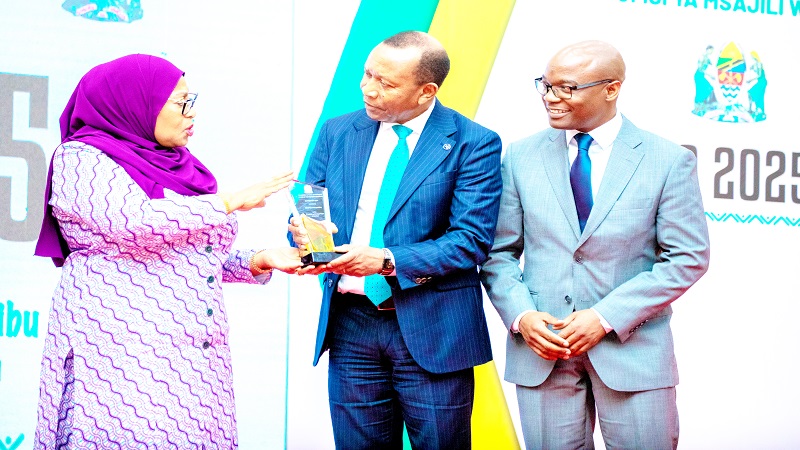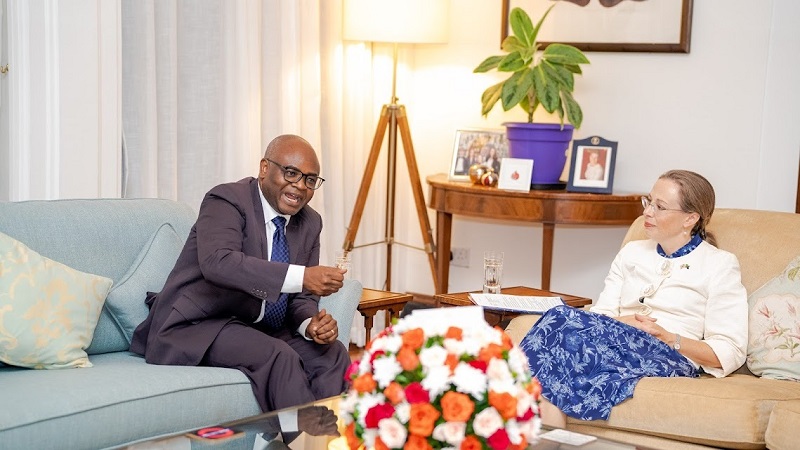Why traditional seeds could be the future of Tanzanian agriculture
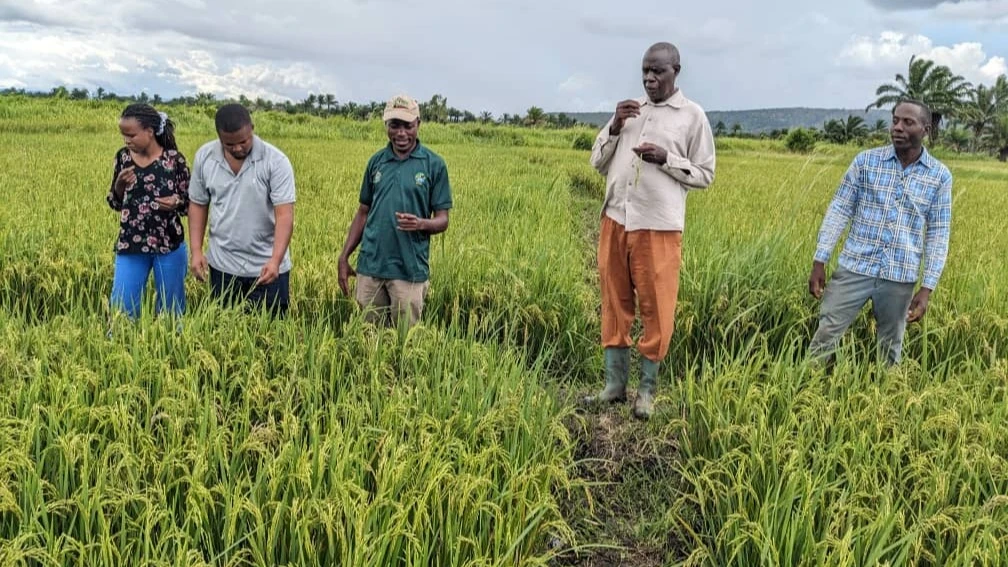
In a time when our agricultural policies increasingly chase high-tech solutions and imported hybrid seeds, a quiet revolution is taking place in the rice fields of Kinonko village, Kigoma—and it begins with a seed that predates modern farming.
Thanks to the Tanzania Agricultural Research Institute (TARI), under the globally supported BOLD (Biodiversity for Opportunities, Livelihoods and Development) project, we are rediscovering the untapped potential of traditional landraces—those humble, farmer-bred rice varieties that once sustained communities long before commercial seeds entered the scene.
For years, the dominant narrative in agriculture has been about replacing the old with the new. But the Kinonko experience suggests that sustainability in Tanzanian agriculture may lie not in abandoning tradition, but in strengthening it.
At the Katengera Irrigation Scheme in western Tanzania, over 125 rice accessions were regenerated during the 2023/2024 season under both rainfed and irrigated systems. Among them, eight landraces stood out—offering the very traits that our commercial systems are now struggling to provide: aroma, early maturity, resilience to pests, and solid yields. These are not relics of the past—they are blueprints for a climate-smart future.
One story from this project stands out. Fredrick Mathayo Kagoma, a local farmer, was so impressed by the performance of a particular landrace that he quietly saved seeds from a field trial and planted them on his own. Within two seasons, over 20 households in Kinonko were growing that same rice, not because of a government mandate, but because the seed worked for them—it met their needs better than anything they had seen in years.
This is a wake-up call.
When innovation comes from the ground up—literally—it should not be ignored. If a farmer-led effort can mobilize a community around a single traditional seed variety, then it’s time our national agricultural strategies start listening more closely to those voices on the ground.
TARI’s decision to return to Kinonko, validate the landrace, and begin formal steps to characterize and release it nationally is not just commendable—it is urgent. It marks a significant shift in how we define progress. Progress isn’t always about new chemicals or new machines. Sometimes, it’s about reclaiming what we once had, refining it, and returning it to the people in ways that empower them.
There are broader lessons here for Tanzania’s food system. Resilience doesn’t need to be imported. Our traditional varieties, shaped by decades of local adaptation, can perform exceptionally well under the very climate conditions we now consider risky.
Farmers are not passive recipients of aid—they are innovators. If given access to diverse, reliable seeds and information, they can lead agricultural transformation. Moreover, seed security is food security. The dependence on commercial seed suppliers has created a fragile ecosystem. Regenerating and distributing landraces creates decentralized, community-rooted seed systems that are far more resilient in the long run.
Of course, traditional seeds alone are not a silver bullet. They must be integrated into a broader system that includes access to markets, extension services, irrigation, and fair pricing. But ignoring them altogether is like abandoning ancestral wisdom for the illusion of imported perfection.
The Ministry of Agriculture’s recent directive for TARI to identify and release more farmer-preferred landraces is a step in the right direction. But we must go further. Let’s invest in grassroots seed banks. Let’s fund more participatory breeding programs. Let’s recognize that farmers, especially smallholders, are not just food producers—they are custodians of biodiversity and tradition.
As the Kinonko landrace story spreads, it is not just a tale of a seed—it is a testament to what is possible when science and tradition, policy and community, work hand in hand.
If Tanzania truly wants to build a resilient, inclusive, and food-secure future, we must begin by valuing what our farmers already know—and what their seeds already hold.
Valentine Oforo is a journalist and correspondent based in Dodoma. He reports on agriculture, rural development, and climate change in Tanzania.
Top Headlines
© 2025 IPPMEDIA.COM. ALL RIGHTS RESERVED











